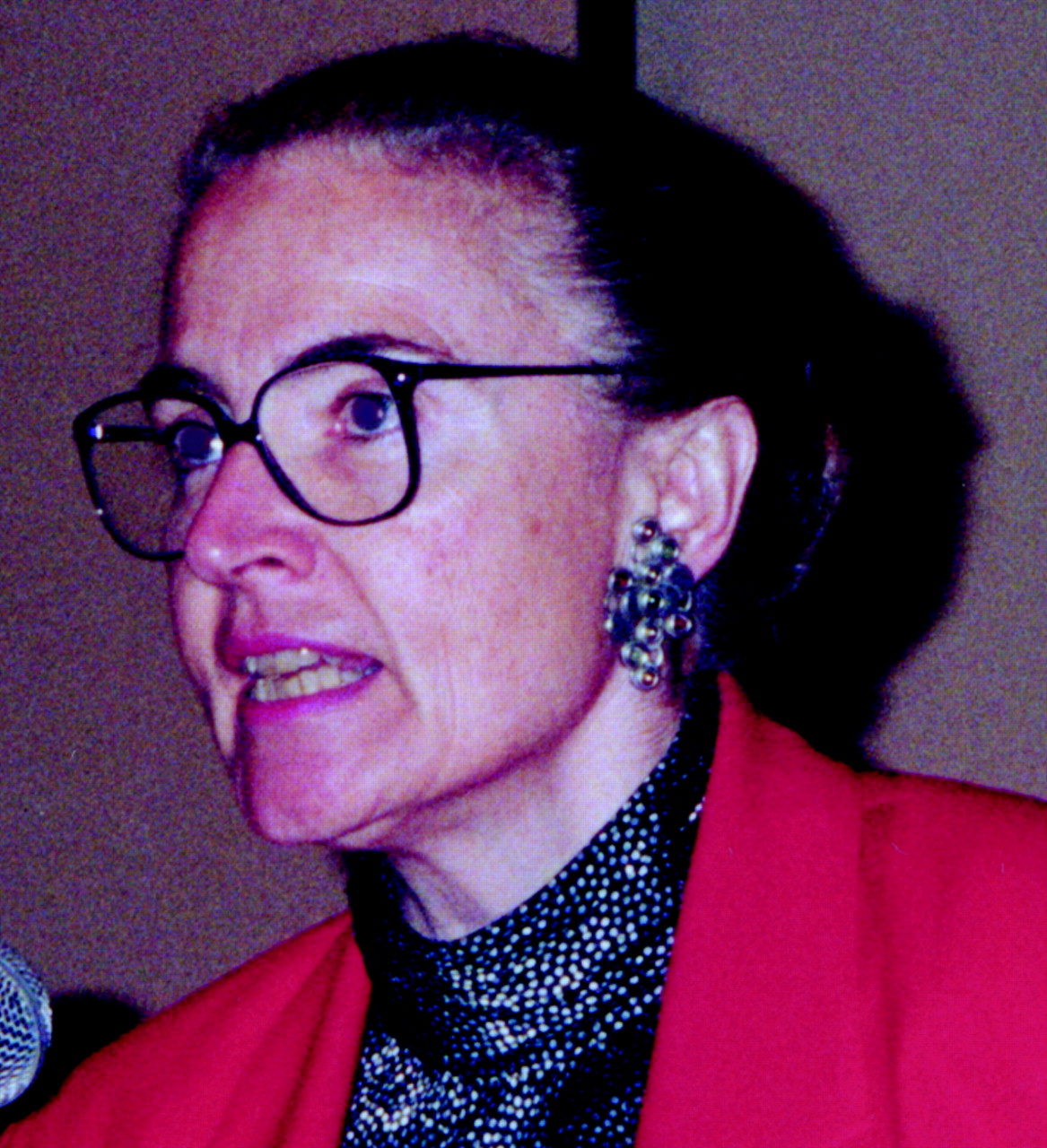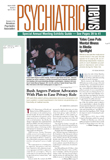It’s the best of times and the worst of times for children who need mental health services, according to speakers at a recent press briefing in Washington, D.C.
In March, the National Mental Health Association (NMHA) and five other organizations, including the American Academy of Child and Adolescent Psychiatry (AACAP), sponsored the briefing, “Falling Through the Cracks: Children and Our Nation’s Mental Health System.”
Former APA President Mary Jane England, M.D., president of Regis College in Massachusetts, told the audience, “The good news is that we know what works and what doesn’t work.”
Multisystemic therapy (MST), a treatment approach that addresses both the individual child and the child’s context, for example, is a promising intervention, she said—that is, treatment of an entire family, rather than the child as an isolated individual, promotes treatment success.
Cognitive-behavioral therapy has been shown to be an effective method of treatment for PTSD and various panic disorders, England said. She also noted that research that looks at factors promoting resiliency offers hope for identifying ways to promote psychological strengths.
In contrast, services for delinquent juveniles, such as boot camps and residential programs, have proven ineffective, as have peer-based interventions, she stated.
England chaired a National Institute of Mental Health work group on child and adolescent mental health intervention development and deployment that produced “Blueprint for Change: Research on Child and Adolescent Mental Health” in 2001.
New and Old Problems
Psychiatrists, mental health professionals, and advocates have not, however, been able to translate these research findings into widely available services.
In fact, Rep. Jim McDermott, M.D. (D-Wash.), who began to practice child psychiatry more than 30 years ago, said, “There’s never been a time when it has been more difficult for kids with mental illness to get treatment.”
England described a series of recurrent or newly surfacing problems.
“We tried so hard to get kids with mental health problems mainstreamed,” she said. Now, programs of zero tolerance for substance abuse can result in excluding them once again and can also promote their entry into the juvenile justice system.
In addition, turf battles at the Substance Abuse and Mental Health Services Administration (SAMHSA), according to England, have inhibited the growth of services that recognize the comorbidity of mental health and substance abuse problems.
The effectiveness of Medicaid mental health services and the Children’s Health Insurance Program (CHIP) are seriously threatened by state budget constraints, according to NMHA President and CEO Michael Faenza (Psychiatric News, January 4; February 1).
An increasing number of states are cutting back on CHIP, according to reports from kaisernetwork.org. States considering cutbacks or caps on enrollment include Washington, Kansas, Iowa, Utah, Montana, New Mexico, Missouri, and Idaho.
“The New Medicaid and CHIP Waiver Initiatives,” a report from the Kaiser Commission on Medicaid and the Uninsured issued in February, describes the Health Insurance Flexibility and Accountability (HIFA) initiative in which states are offered the flexibility to expand coverage, but also to reduce benefits, increase cost sharing, and set limits on the number of low-income people served.
The winter 2001 issue of NMHA State Advocacy Update offers additional information about the impact HIFA could have on children and others with mental illness.
Many of the Medicaid benefits that people with mental disorders or substance abuse problems use could be cut, including prescription drugs, rehabilitation services, practitioner services (including therapy for a range of services), clinic services, case-management services, inpatient psychiatric services for those under age 21, institutions for mental disease services for those over 64, nursing facility services, and home-health services.
States can also use the new waiver process to greatly increase the amount of cost sharing imposed on “optional” beneficiaries (those that the state can choose to cover in addition to those the federal government requires it to cover for it to receive federal Medicaid funds). Optional Medicaid beneficiaries, who total 11.7 million people, constitute more than one-quarter of those covered by the program and include 4.2 million children.
“Every dollar counts,” said Jay B. Cutler, J.D., director of APA’s Division of Government Relations. APA is working with other advocacy organizations to broker an agreement that would allow states to retain unused CHIP money.
The Web site of the National Mental Health Association is www.nmha.org; “The New Medicaid and CHIP Waiver Initiatives” is posted at www.kff.org/content/2002/4028/4028.pdf; “Blueprint for Change: Research on Child and Adolescent Mental Health” is posted at www.nimh.nih.gov/child/blueprint.cfm. ▪

